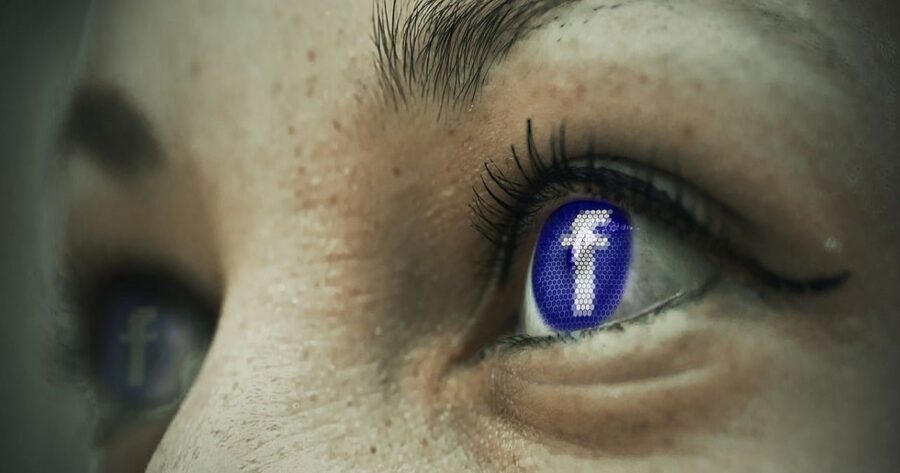Campaigning for an unforeseen Toronto mayoral by-election on June 26th is underway. As expected, candidate outreach through social media is becoming increasingly important.
Do candidates no longer knock on doors and hold town halls?
It is not a stretch to say that social media has increased political engagement and polarized users, with most online political discourse leaning either left or right, with very few moderates.
Without a doubt, social media allows everyone to voice their political beliefs and opinions—anonymously if they so choose—on digital platforms open to the entire world. Moreover, via social media, elected officials can communicate directly with their constituents, and candidates seeking office can engage directly with voters regarding their concerns.
In Calgary’s 2010 election, Naheed Nenshi became the city’s 36th mayor using social media, particularly Twitter, as his sole campaign tool. Naheed dubbed his mayoral campaign the “Purple Revolution,” a viral campaign that leveraged social media to promote his platform and engage with voters. The name “Purple Revolution” was chosen because Naheed wanted his campaign to appeal broadly across the socio-economic spectrum of liberal red and conservative blue voters.
In comparison to Naheed’s innovative use of social media, Toronto’s mayoral hopefuls do not look—so far—great on social media. Yes, all major candidates—and some minor ones—are using the “big three” platforms, Twitter, Facebook, and Instagram, but it has not really mattered.
A social media strategy to engage Torontonians with their platform or themselves has yet to be formulated by any mayoral candidate. All I have seen are weak post attempts with minimal relevant hashtags. (e.g., #TOpoli, #Toronto, #TorontoMayor) None of the candidates use social media strategically or approach their campaign with an overarching theme as if they were marketing a soft drink or a limited-time-only hamburger.
In all fairness, Mark Saunders has an overriding theme—that he is the only candidate qualified to deal with crime.
As entertaining as it would be, so far, we have not seen cringe-worthy self-deprecating memes (Brad Bradford’s promotional videos come close.) or mayoral candidates tripping over themselves trying to look digitally sexy for the sake of wooing a digital audience.
Mayoral candidates do not seem to understand that social media offers them a low-risk entry point. Once they are “in,” so to speak, then they are in a position to develop relationships with voters. In 2023 political campaigns start with voters digitally engaging with candidates, even if it is to visit their website and scroll through their social media.
While the entry point into the social media world is easy and low-risk, social media usage is a high risk. I suspect this is why big-name mayoral candidates such as Josh Matlow, Ana Bailão, Mitzie Hunter, et al. have been overly conservative in their social media approach. I get the impression that mayoral candidates are afraid to have fun with social media, which would make them more attractive.
What scares candidates from being authentic is that they know, or have been advised, that social media is unforgiving once you make a mistake and that your mistake is forever out there for anyone to find.
While funny campaign videos and photos will catch people’s attention, a candidate’s top priority is to explain why they should be elected. In addition, candidates must exercise caution when trying to appear cool since they can appear uncool.
Another reason candidates are skittish about social media is its dark side, which, unfortunately, has taken hostile, negative messaging to a new level. Elections have always been characterized by discrediting opposition, but never quite like this.
A Twitter account called @BradFactsTO re-edits videos released by Brad’s campaign, even incorporating a voice that sounds like him; therefore, what you see and hear is fake and most likely used artificial intelligence (AI). Another example is a fake video that sounds exactly like Mark Saunders, created by the Twitter account @msaunderfacts.
These are just a few examples—I am sure more will be forthcoming—of how technology can be weaponized against candidates. (Are you glad you are not running to become Toronto’s 66th mayor?)
Social media platforms offer an opportunity for this mayoral by-election to have civil debates (I know, wishful thinking.) around visions and ideas for Toronto. Hopefully, we will see some candidates start using social media strategically and having fun—showing their true selves. If the days of a candidate walking into a breakfast joint, such as Ted’s Restaurant, to talk to the people and hear firsthand what the common issues are and what people want is over, then at least host question-and-answer sessions on Reddit and start using hashtags.
______________________________________________________________
Nick Kossovan, a self-described connoisseur of human psychology, writes about what’s on his mind from Toronto. You can follow Nick on Twitter and Instagram @NKossovan









